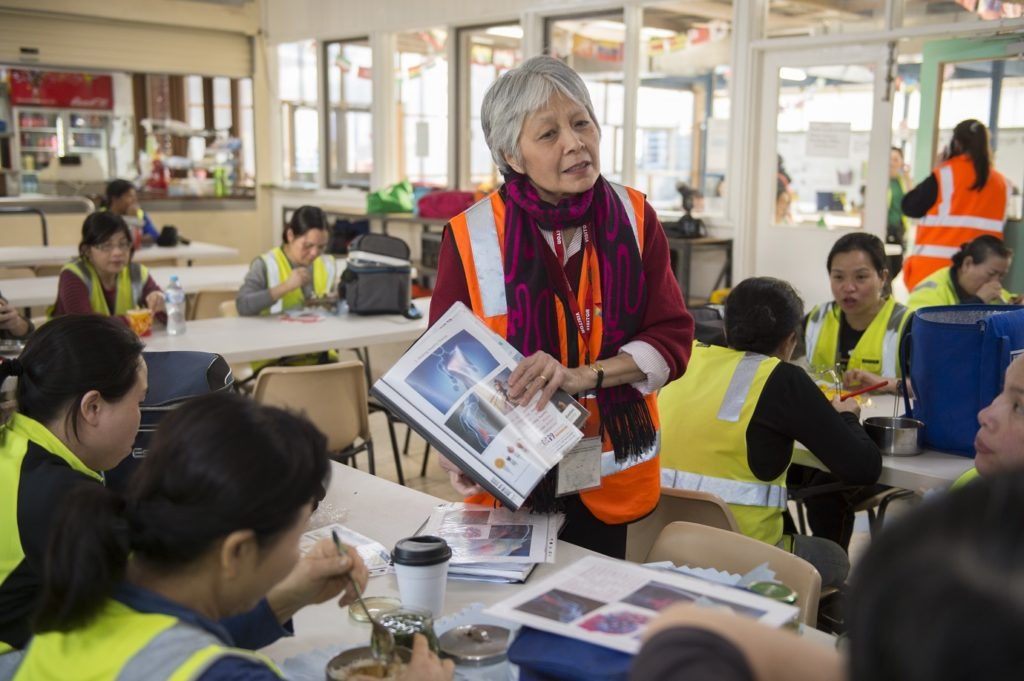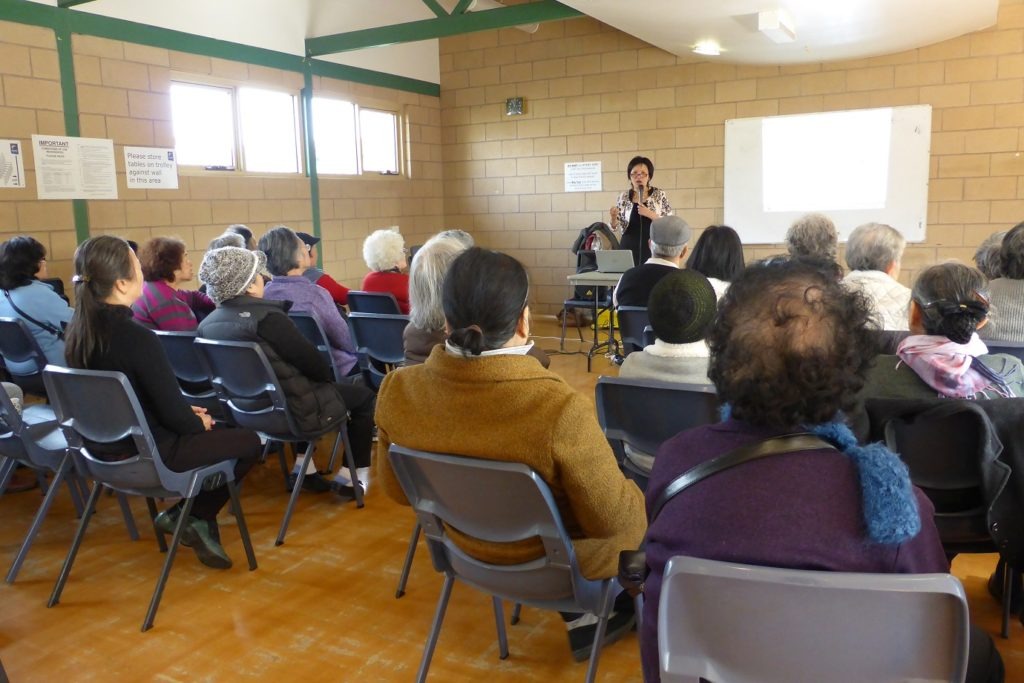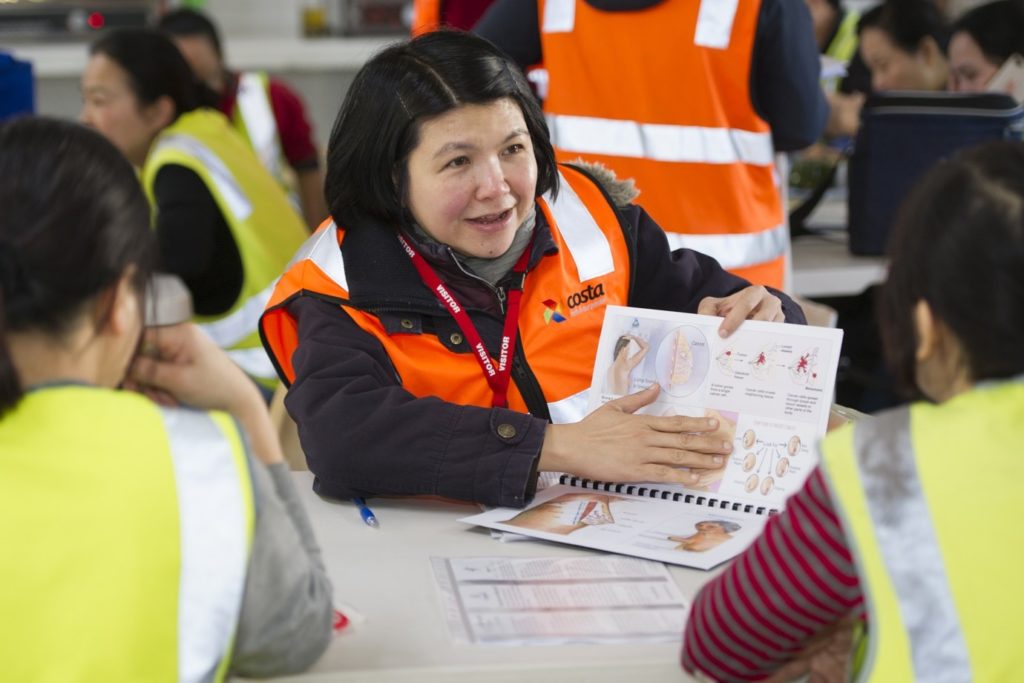During the first stages of the pandemic, people who died of COVID-19 and were born overseas had an age-standardised death rate that was 2.5 times higher than people who were born in Australia. And of those born overseas, the rate was particularly high for people born in North Africa and the Middle East.
What’s causing this disparity in Covid-19 deaths? New data from the Australian Institute of Health and Welfare (AIHW) reveals that for migrant and refugee communities, limited access to in-language and culturally tailored health information is a big contributor.
The report, Australia’s Health 2022, found that migrant and refugee communities are among several population groups at a greater risk of contracting and dying from Covid-19 than the general population due to barriers such as language difficulties, cost of care, lack of culturally appropriate information and unfamiliarity with the Australian healthcare system.
As one of the most culturally and linguistically diverse countries in the world, this latest evidence highlights the critical need for health education programs tailored to migrant and refugee communities in Australia.
Stepping in to provide this vital resource is The Multicultural Centre for Women’s Health (MCWH), a Melbourne-based, not-for-profit organisation and the only migrant and refugee women-run Women’s Health Service in Victoria. Their latest program, Health in My Language, aims to improve vaccine literacy, increase vaccine confidence and decrease barriers to navigate the vaccination system.

MCWH’s National Program Manager, Dr. Regina Torres-Quiazon doesn’t think the report’s latest evidence should be viewed as merely a ‘migrant’ issue. She says, “The latest census shows we [migrants] now make up 51% of the population- we need to acknowledge that it’s indicative of an entrenched structural problem in our health systems.”
Health in My Language is a national health education program delivering accurate, multilingual information from trusted professional health educators across Australia.
The program is run in every Australian state and territory and is free of charge to migrant and refugee communities through funding that runs until December 2022 from the Commonwealth Government. MCWH coordinates a team of 44 bilingual health educators trained to deliver health education in over 20 languages/dialects.

“We know from our long history of working with migrant communities that many of these deaths could have been prevented through culturally tailored, in-language information and education, delivered by health educators who recognise that experiences of racism and discrimination in our health system can be just as detrimental to health,” said Dr Torres-Quiazon.
“The Health in My Language Project with its deployment of a trained bilingual COVID-19 vaccination health education workforce can literally save lives.”

